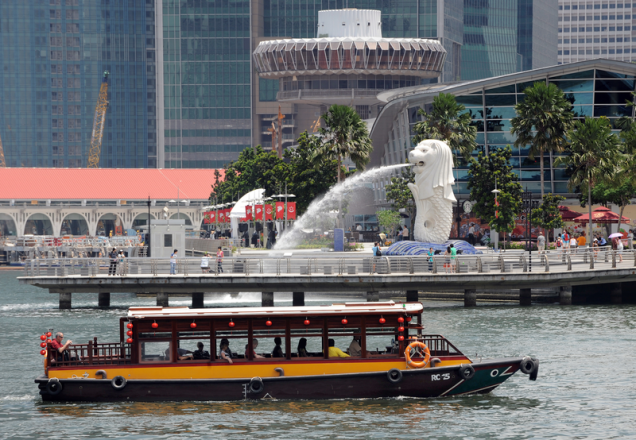I didn’t see much of Singapore on my recent trip to Asia. Mostly the airport. But I was struck by the view as my plane descended: cargo ships crowding the Straits, giving the impression that Singapore lies at the heart of the trading universe.
Which is partly true. The founding father of Singapore, Lee Kuan Yew, who died last week at 91, turned a troubled outpost scarred by race riots into one of the jewels of Asia. He achieved this miracle in many ways, but branding and communications played their part.
Graham Hitchmough, CEO of Singapore agency Brand Union, says that after its split with Malaysia in 1965, Singapore was «left isolated as a fledgling nation with chronic poverty, few natural resources and few strategic allies… so Mr Lee Kuan Yew was forced to embrace the power of communication to manage both its internal equilibrium and advancement, and its external image.»
Lee provided a measure of liberty while imposing iron discipline to maintain peace among the island’s Malay, Chinese and Indian communities. Society was positioned as more important than the individual; civility was encouraged at the tip of a cane. This led to a bipolar brand identify, as Graham puts it. Liberal economics and a heavy-handed state, condominiums alongside public housing, glittering casinos and a ban on chewing gum. Cleanliness, efficiency and wealth became key elements of the Singapore brand.
External branding efforts were mostly of the B to B variety. But while these were stunningly successful at attracting investment, Graham says, «the same results have not yet been enjoyed in promoting Singapore as a travel and lifestyle destination». Perhaps because it seems unable to define its appeal. Graham observes that in the last few years the slogan «Uniquely Singapore» has been replaced by the more interactive platform «Your Singapore» and more recently «Get Lost and Find the Real Singapore».
People might admire Singapore, but they don’t feel an emotional pull. Graham Hitchmough concludes: «Making Singapore a destination that is loved and desirable to outsiders, rather than merely respected and appreciated, is the next big challenge».




